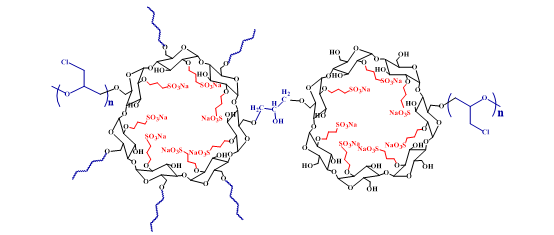Chiral recognition is an important topic in modern drug research. Two enantiomers of chiral drugs may present different pharmacodynamics and pharmacokinetic properties. For example, one enantiomer has pharmacological activity, while the other is less active or even toxic. The physical and chemical properties of the two enantiomers are very similar, and their separation directly depends on the chiral environment and analytical technology.
Recently, Associate Professor Youxin Li’s group, School of Pharmaceutical Science and Technology, Tianjin University, reported a new adjustable gravity-mediated capillary electrophoresis (AGM-CE) technology, which introduced gravity as another force into the capillary electrophoresis. It was different from electrophoretic flow and electroosmotic flow. In the process of electrophoresis, the difference of net apparent mobility between analytes could be increased and the separation efficiency could be improved by adjusting the tilting angle of capillary.

Fig. 1 The force analysis diagram of chiral drugs at 0o-90o (a), 0o (b) and -90o-0o (c) based on a novel AGM-CE and SPE-β-CDP as chiral selector
This paper combined this new technique with a water-soluble negative sulfonic propyl ether β-CD polymer (SPE-β-CDP) chiral selector, and validated the advantages of this technique in separating the chiral substances.

Fig. 2 Typical structure of SPE-β-CDP
In addition, this paper also reported for the first time the gradient capillary electrophoresis technique, that is, adjusting the tilting angle of the capillary with time, thus affecting the net apparent mobility of each analyte in real time. By measuring the electrophoretic mobility of each analyte at a limited angle, the angular mobility curve of each analyte was drawn. The gradient angle was designed by using the zero mobility point and the tilting angle range of the opposite migration direction. In this way, the separation effect of analyte was improved.
The relevant research results were entitled " Enhancement of chiral drugs separation by a novel adjustable gravity mediated capillary electrophoresis combined with sulfonic propyl ether β-CD polymer " and published in Analytica Chimica Acta. Nan Yaqin is the first author of the paper, and the School of Pharmaceutical Science and Technology of Tianjin University is the first communication unit.
Paper link: https://doi.org/10.1016/j.aca.2023.341781

